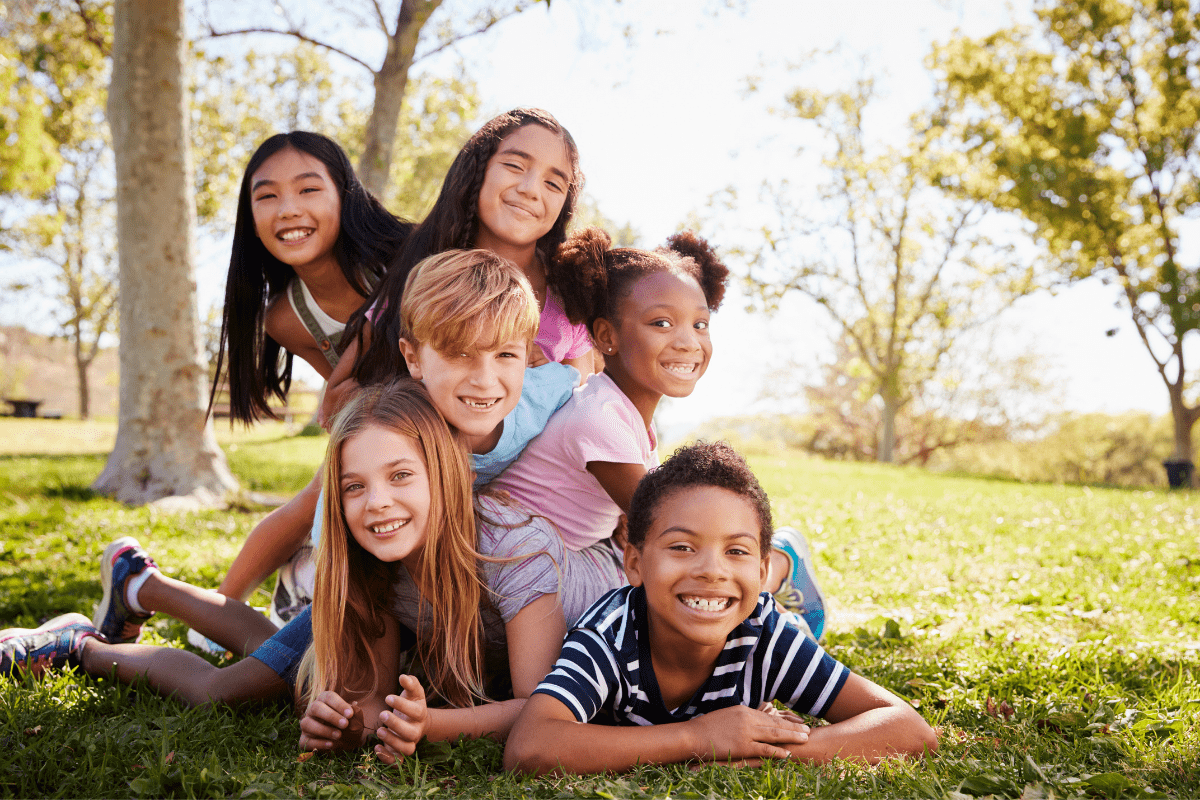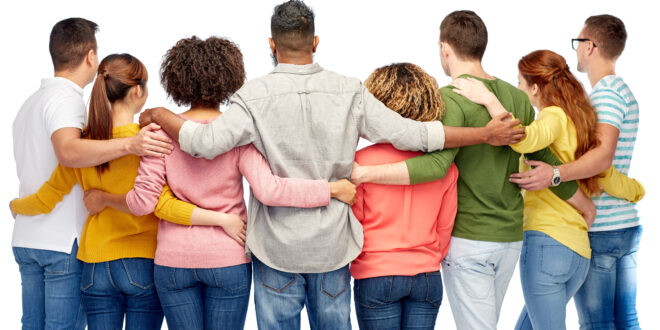Respecting differences, whether based on race, culture, religion, or even physical disabilities, is not only important, but indicates that we are caring people, that we value and learn from others, and that we are tolerant and respectful. This allows us to avoid making decisions based on prejudices and stereotypes.

According to the United Nations Children’s Fund, respect for diversity is a deeply interpersonal skill, that is, it occurs between each person, and can be defined as the understanding that people participate equally in an ethical world, by virtue of their human condition, while recognizing the uniqueness and differences of each individual.
Respect for diversity goes beyond tolerance and understanding, since it implies recognizing and actively promoting the value of equality among all people, without condescension.
As human beings we are all the same, although we are differentiated by some values, or some condition, depending on the family we are part of and the society in which we live.
For this reason, respect for differences, especially among adolescents, for diversity, for different cultures and races, is also part of the education we give and receive.
In adolescence, that stage of life in which our personality is forged and consolidated, it is possible to forge strong and positive friendships, with which we can communicate and enhance our self-awareness. Friendships can help in this essential discovery process for the development of our personal identity.
However, dependency can undermine these relationships. In a friendship, our opinions should be respected even if they are different from those of friends, but many times we fear being alone so much that we dare not disagree and do anything to avoid arguing and keep the friendship. It is as if we have internalized that it is difficult to make new friends and that if we lose them we are lost.
For this reason it is very important that all people, and especially adolescents, know that respecting, thinking and acting positively about others and about ourselves means caring about the impact of our actions on others, being inclusive and accepting others. others for what they are, even when they are different. Respect starts with trust, and that is linked to empathy, compassion, integrity, and honesty.
A lack of respect or an act of discrimination, even unconsciously, causes irreparable injuries, if something is not done about it. It can generate conflicts, fights, grudges and many times, hatred. In addition, it causes distrust, and comes to destroy couples and friendships.
Respect is essential for the development of society, including educational, professional, economic and scientific progress. The lack of empathy and not respecting differences hinders communication and collaboration; and causes unhealthy environments for all people. When we feel respected, our brain releases feel-good neurochemicals: the hormones oxytocin and serotonin, and a lack of respect causes stress neurochemicals such as adrenaline and cortisol to be released.
The most important thing is to know that if everyone is respected, based on dignity, understanding and acceptance, we can achieve that as adolescents we become responsible, free and autonomous adults, with a greater capacity to enjoy life. existence and that, without a doubt, they will bequeath to their daughters and sons.
Translated by Casterman Medina de Leon
